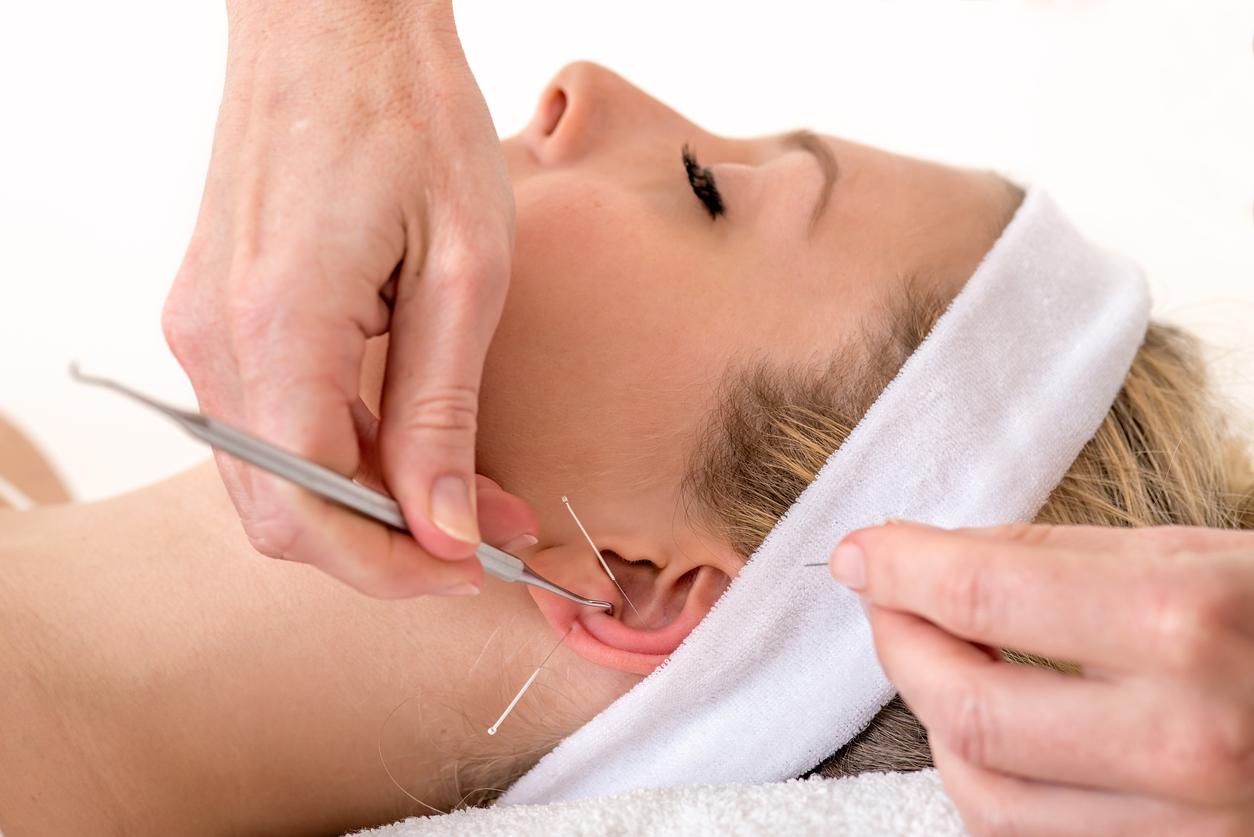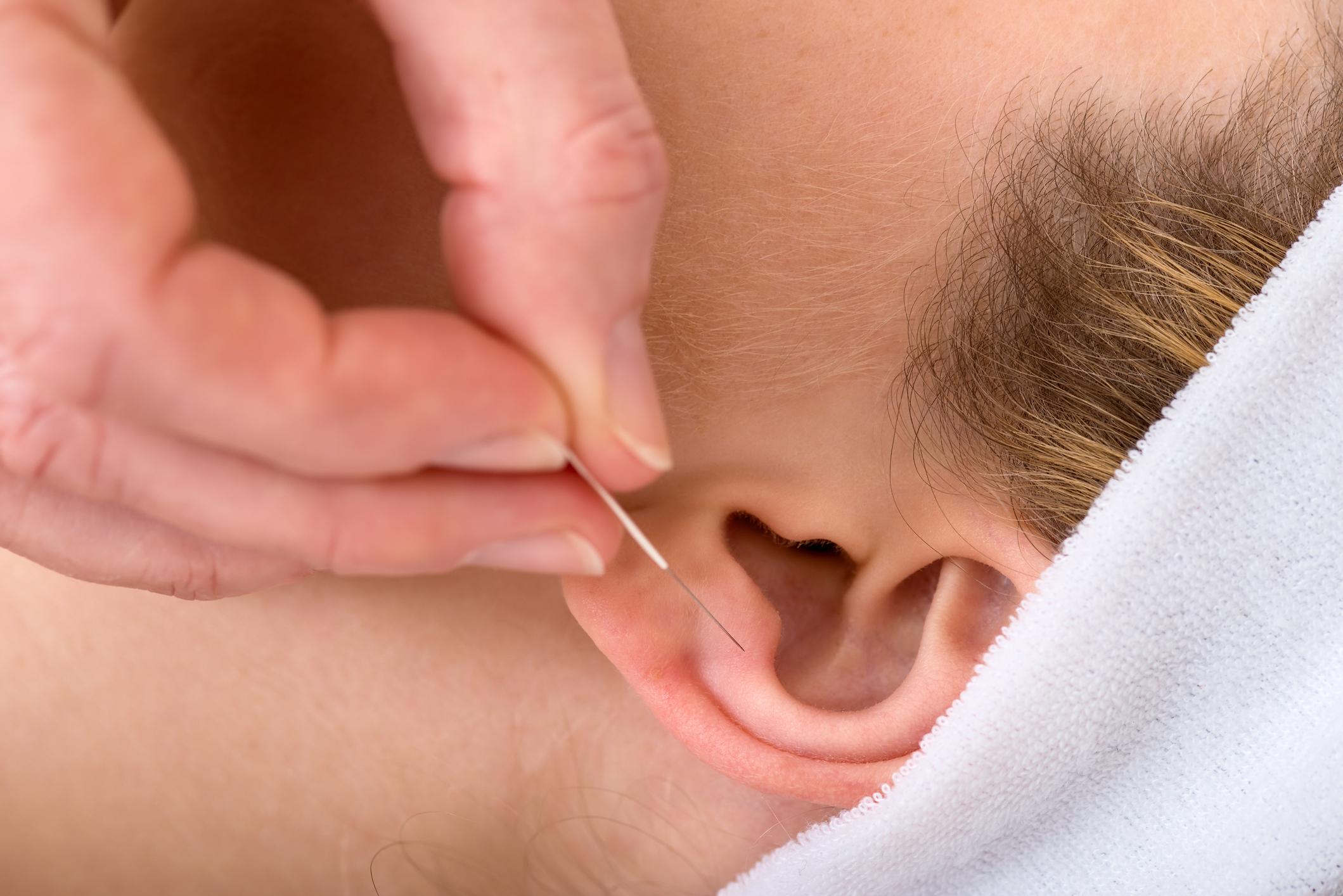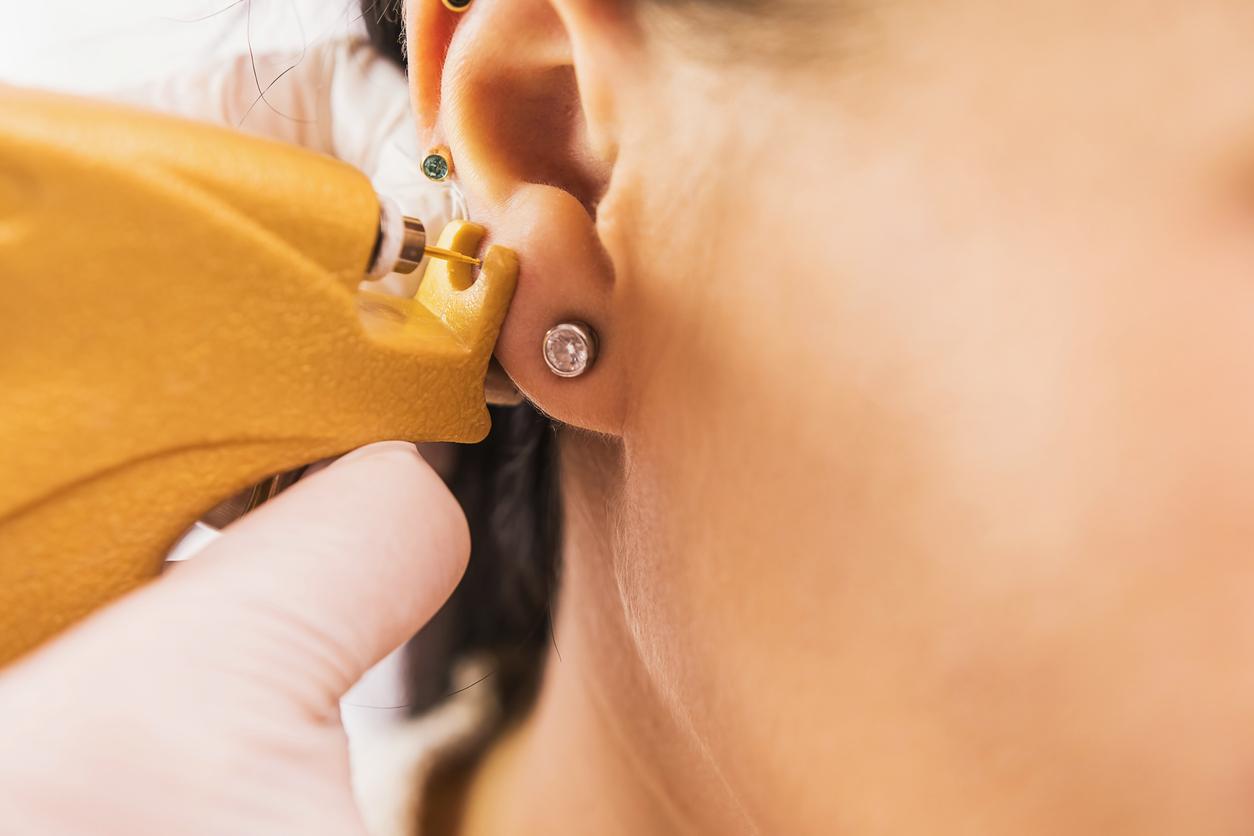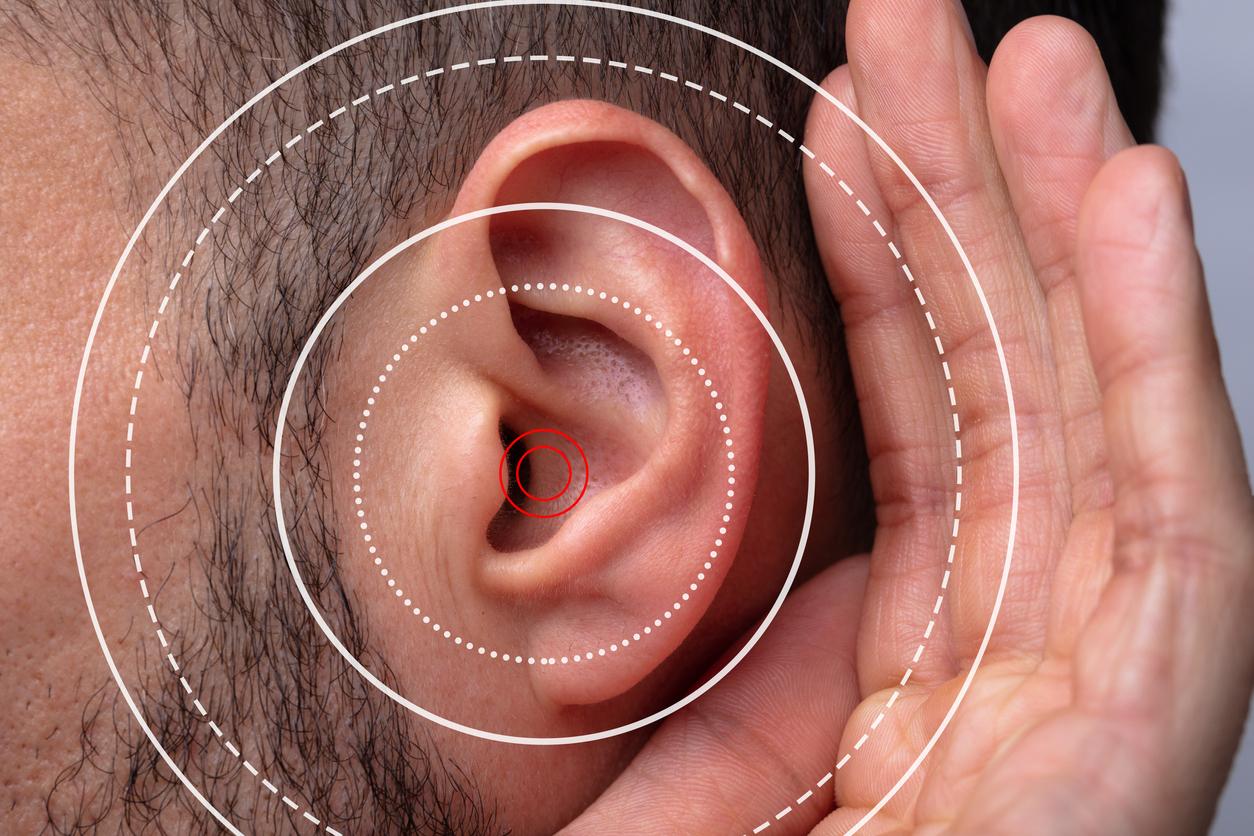We know: the breastmilk is beneficial for babies. Rich in protein, oligosaccharides, vitamin B12, calcium, iron, vitamin D and essential fatty acids (among others), it is perfectly suited to the needs of toddlers. Moreover, the World Health Organization (WHO) recommends theexclusive breastfeeding up to the age of 6 months.
But according to a new study conducted by The Research Institute at Nationwide Children’s Hospital (in the United States), breastfeeding has an advantage over bottlefeeding (which requires the use of a breast pump). : the first technique would indeed protect the baby against certain ear infections, including ear infections.
To come to this conclusion, the researchers observed 491 young American mothers for several months. If all practiced exclusive breastfeeding, 75% of them had opted for mixed breastfeeding: both breast and bottle.
At 3 months, 39% of babies are still breastfeeding
Results ? Scientists observed that when the child was exclusively breastfed for 1 month, this corresponded to a drop of about 4% in the risk of ear infection. And when exclusive breastfeeding continued for 6 months, the risk of ear infections decreased by 17% on average.
“The link between breastfeeding and ear infections is not completely clear,” admits Sarah Keim, main author of this work, published in the medical journal Journal of Pediatrics“However, we believe it is a matter of pressure: when the child drinks from a bottle, it creates pressure which can go up to the middle ear and cause infections.”
This study also showed that when the child was breastfed for at least 6 months, the risk of suffering from diarrhea was reduced by around 30% – regardless of the means used. As a reminder, France is one of the countries in Europe where the rate of breastfeeding at birth is one of the lowest: around 59%. And at the age of 3 months, only 39% of French babies are still breastfed – 10% exclusively.


















